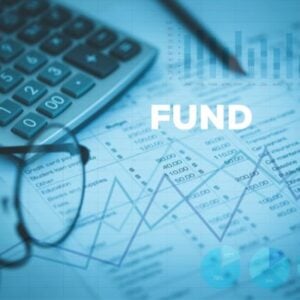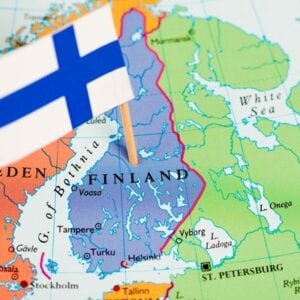Thailand marked a significant step in its journey to localize the Sustainable Development Goals (SDGs) with the closing of the Joint SDG Fund project, “Partnership to Accelerate SDG Localization in Thailand.” Led by the United Nations Development Programme (UNDP) and UN-Habitat, in collaboration with the Ministry of Interior, the project bridged local data gaps and transformed insights into targeted SDG investments for communities.
The closing ceremony brought together over 120 representatives from government agencies, state enterprises, local authorities, the private sector, academia, and civil society to share knowledge on local SDG monitoring, innovative financing, waste bank development, and inclusive participation. Lessons from pilot provinces such as Udon Thani and Surat Thani highlighted practical tools and models for SDG implementation, strengthened cross-sector collaboration, and reinforced commitments to integrate the SDGs into local planning, financing, and monitoring.
The project delivered a suite of scalable tools and frameworks, including a National Voluntary Local Review (VLR) Framework to guide municipalities in monitoring SDG progress from the perspective of local communities, along with the completion of Koh Samui’s VLR as a model for other municipalities. An SDG Profile Guideline was finalized to strengthen provincial planning and monitoring, building on the SDG profiles of 15 pilot provinces supported by the European Union. Financial Mechanism Assessments in Udon Thani and Surat Thani explored local financing pathways, and SDG-aligned project proposals supported localized action. A Waste Bank Guideline, developed from Koh Samui’s community-led initiative, promoted sustainable practices at the local level.
Mr. Saransak Srikruanet, Inspector General at the Ministry of Interior, emphasized that SDG localization is about people, ensuring that the benefits of sustainable development reach communities and improve daily lives. UN Resident Coordinator Michaela Friberg-Storey highlighted that over 318,000 people have already engaged with the tools and models from the project, turning priorities such as wastewater management and community-led waste banks into tangible improvements.
Ms. Niamh Collier-Smith, UNDP Resident Representative, noted that driving SDG action at the local level makes progress more grounded, sustainable, and connected to people’s realities, while Mr. Srinivasa Popuri, Chief of UN-Habitat Bangkok Multi-Country Office, stressed that communities are active drivers of change when data and decision-making are linked to lived experiences.
The project addresses the financing challenge for SDGs in Thailand, which pre-COVID required an estimated 1.27 trillion THB annually, rising to 1.4 trillion THB post-pandemic. With 64% SDG data availability in 2024, the Joint SDG Fund’s support has been crucial in institutionalizing SDG monitoring and enabling evidence-based investment. The SDG Profile Guideline and Financial Mechanism Assessments provide systemic approaches for provinces to align resources and mobilize investment, while the VLR Framework incorporates community perspectives to inform sustainable action.
Through these efforts, Thailand has strengthened its capacity to monitor, finance, and implement SDGs at the local level, ensuring that development actions respond to local realities and support the country’s path toward sustainable, inclusive, and resilient communities.







